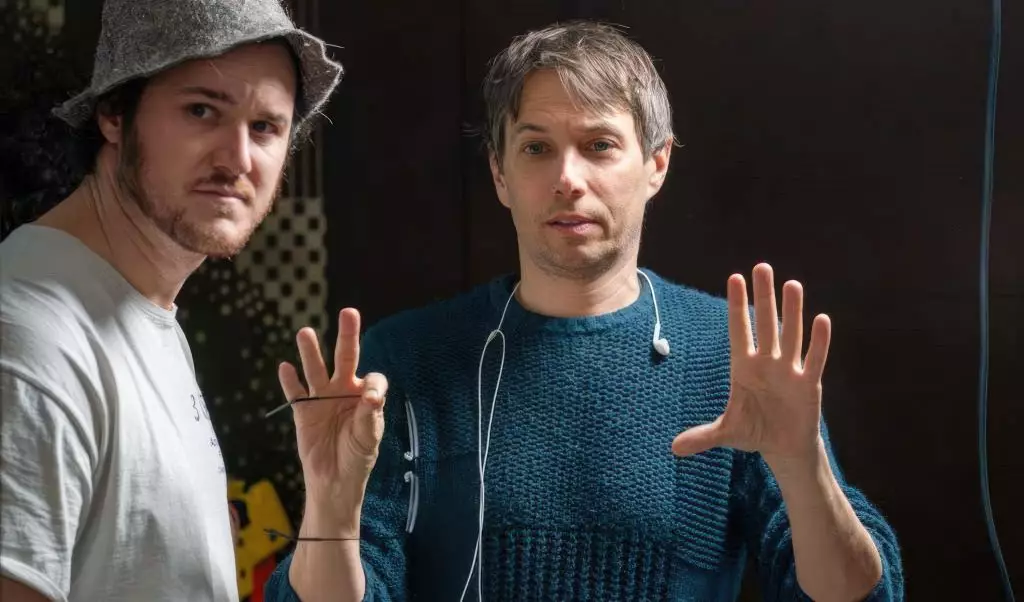In an era dominated by digital streaming platforms, filmmaker Sean Baker stands out as a staunch advocate for traditional filmmaking methods and the theatrical experience. For Baker, the art of cinema is inextricably linked to its original medium—celluloid film. His commitment shines through in his latest creation, *Anora*, a film that not only aims for critical acclaim but also reveres the sanctity of the cinematic experience. Baker emphasizes that he feels a strong obligation to preserve the traditions that birthed modern filmmaking, stating, “We shouldn’t abandon the medium which created this artform.” His belief underscores a profound respect for the cultural and historical significance of film as a craft.
Baker’s take on film distribution is lucent in his remarks about the importance of theatrical releases. He perceives home entertainment as merely supplementary to the theatrical experience, insisting, “Theatrical means everything to me.” This perspective casts a shadow on the growing trend of day-and-date releases, where films debut simultaneously in theaters and on streaming services. For Baker, the theatrical window is non-negotiable. His collaboration with NEON, which provided *Anora* a considerable 60-day theatrical release before moving to digital platforms, reflects his determination to achieve a longer exhibition period in the future. Baker’s ambition is to extend this window to over 90 days, emphasizing the need for a robust theater environment that can champion originality and creativity.
*Anora* has been met with impressive accolades since its debut, receiving multiple Golden Globe nominations and stirring buzz for prestigious awards such as the Directors Guild of America (DGA) nomination for Baker himself. The film’s success at various award circuits demonstrates not only its quality but also the industry’s recognition of Baker’s unique vision. Reporting a staggering production cost of $6 million, *Anora* has grossed over $32 million globally, marking it as Baker’s most commercially successful project to date. This financial achievement substantiates Baker’s belief in the viability of original storytelling that resonates with audiences, a notion often overshadowed by the contemporary preference for franchise-heavy films.
As Baker strives to advocate for the future of film, he sees himself as a custodian of a medium rich with potential yet threatened by changing consumer habits. The fervent fight for a theatrical presentation may be challenging amidst the omnipresence of streaming services, but Baker remains undeterred. His engagement with distributors emphasizes the importance of preserving longer theatrical runs for films, ensuring that new narratives find their rightful place on the big screen. In a landscape cluttered with quick profits from streaming, Baker’s ideology insists that fostering a vibrant theater culture is essential for nurturing future filmmakers and stories.
Sean Baker is not merely a filmmaker; he is a passionate champion for the enduring value of cinema as an art form. Through his commitment to celluloid and theater, he actively fights for a future where the essence of film is cherished, and original narratives thrive.
